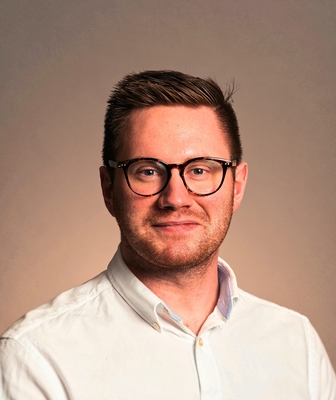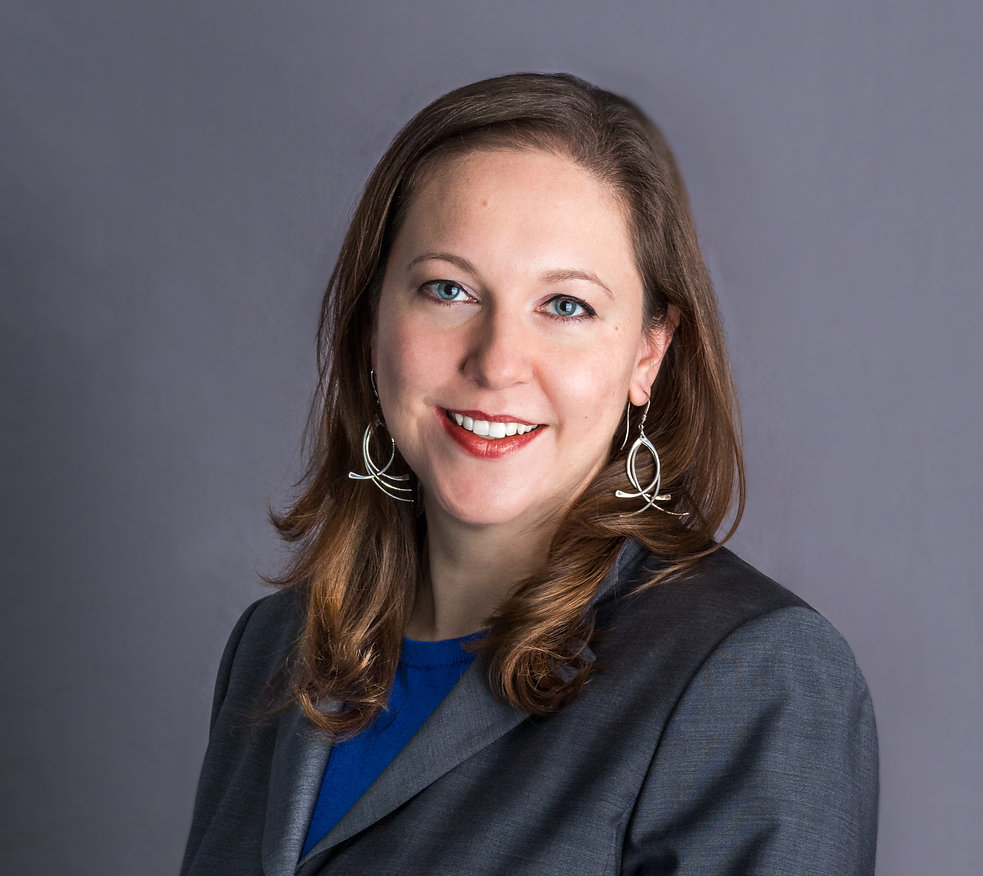The College Donor Digest
Q&A with Nick Bratvold, Chair of USD Lambda Chi Alpha
March 04, 2020 | Emily Koons Jae

Nick Bratvold is the operations manager for the American Council of Trustees and Alumni. He received his B.S. in history and M.A. in educational administration from the University of South Dakota (USD) in 2016 and 2017, respectively. Since graduation, Mr. Bratvold has managed a collection of six scholarship endowments for the Lambda Chi Alpha fraternity. In 2018, he was recognized by USD’s “30-Under-30.” In this conversation with FAR Director Emily Koons Jae, he offers valuable insights into a successful scholarship program that honors donor intent and changes the lives of students.
What role do you play in your fraternity’s scholarship program? Why did you decide to get involved?
I oversee a scholarship program that awards between $22,000 and $27,000 annually to undergraduate and graduate students of the Lambda Chi Alpha fraternity at the University of South Dakota (USD). I received generous support from these endowments as a student, for which I am eternally grateful. I serve as an alumnus to show my appreciation and to honor the hundred-year-old brotherhood that continues to invest in the educational and ethical development of young men.
The six endowments that make up our program are held by the USD Foundation and, upon the advice of our committee, are distributed by the Office of Sorority and Fraternity Life. In addition to myself, the scholarship committee includes the chapter advisor, five alumni volunteers, and two undergraduate chapter officers.
What impact do the scholarships have on students? On your fraternity?
Our program is the second largest Greek scholarship program at USD. On average, we recognize 15 to 20 students each year. Recipients receive up to $3,000, which can represent as much as a third of their annual tuition and fees. For many students, these scholarship funds are essential since recipients are usually paying their own way through college, without substantial external support, while working full- or part-time.
The scholarships we award recognize those who have excelled within the classroom, community, and on campus. As our donors intended, we believe in setting a high bar for excellence. In 2018, applicants cumulatively completed north of 200 community service hours (not including time served in campus leadership roles), and the lowest GPA of any applicant was 3.493. While the accomplishments of our applicants are individually remarkable, they also collectively enhance the profile of our fraternity.
How do you ensure that the gifts remain true to donor intent?
Of the six endowments that comprise our program, one original donor is living and only three have living relatives. For all six, the responsibility of upkeep and award distribution (i.e., honoring donor intent) is left to our committee. Although each donor took a slightly different scholarly focus—be it business, law, education, or medicine—they all shared one distinctive focus: to support active, engaged Brothers with an aptitude for leadership, a commitment to scholarship, and demonstrated financial need.
Our committee annually reviews each memorandum of understanding and bi-annually evaluates committee composition, timeline, and practices. This helps to establish a foundation of common understanding regarding donor inspiration and intent as well as award selection criteria. By engaging both alumni and undergraduate Brothers throughout the process, we have found that we are able more responsibly to market the program, evaluate applicants, and award scholarships to deserving students.
What advice would you share with a donor who is considering establishing a scholarship fund?
First, create solid structure. The composition, authority, deliberation, and reporting requirements of a scholarship committee are critically important. In the absence of clear guidelines, there is greater probability that committees—or worse, lone individuals—will award who they want, when they want, to what degree they want. This is the surest way to lose sight of donor intent.
Second, don’t be afraid to let funds go unawarded. Too often, scholarships are awarded to individuals not because they live up to the standards of the award, but because there are too few applicants. The shame of unawarded funds is not for the donor to feel, but rather for the students who did not reach the heights within their grasp.
Lastly, involve students whenever possible. The importance of peer-to-peer evaluation cannot be overstated, not only for the added precision in award selection, but also for the development of ethical reasoning among students. The obvious caution here, of course, is to be mindful of conflicts of interest so as not to compromise the integrity of selection.







